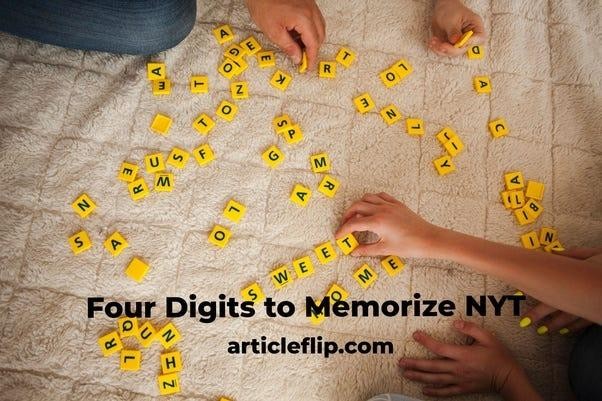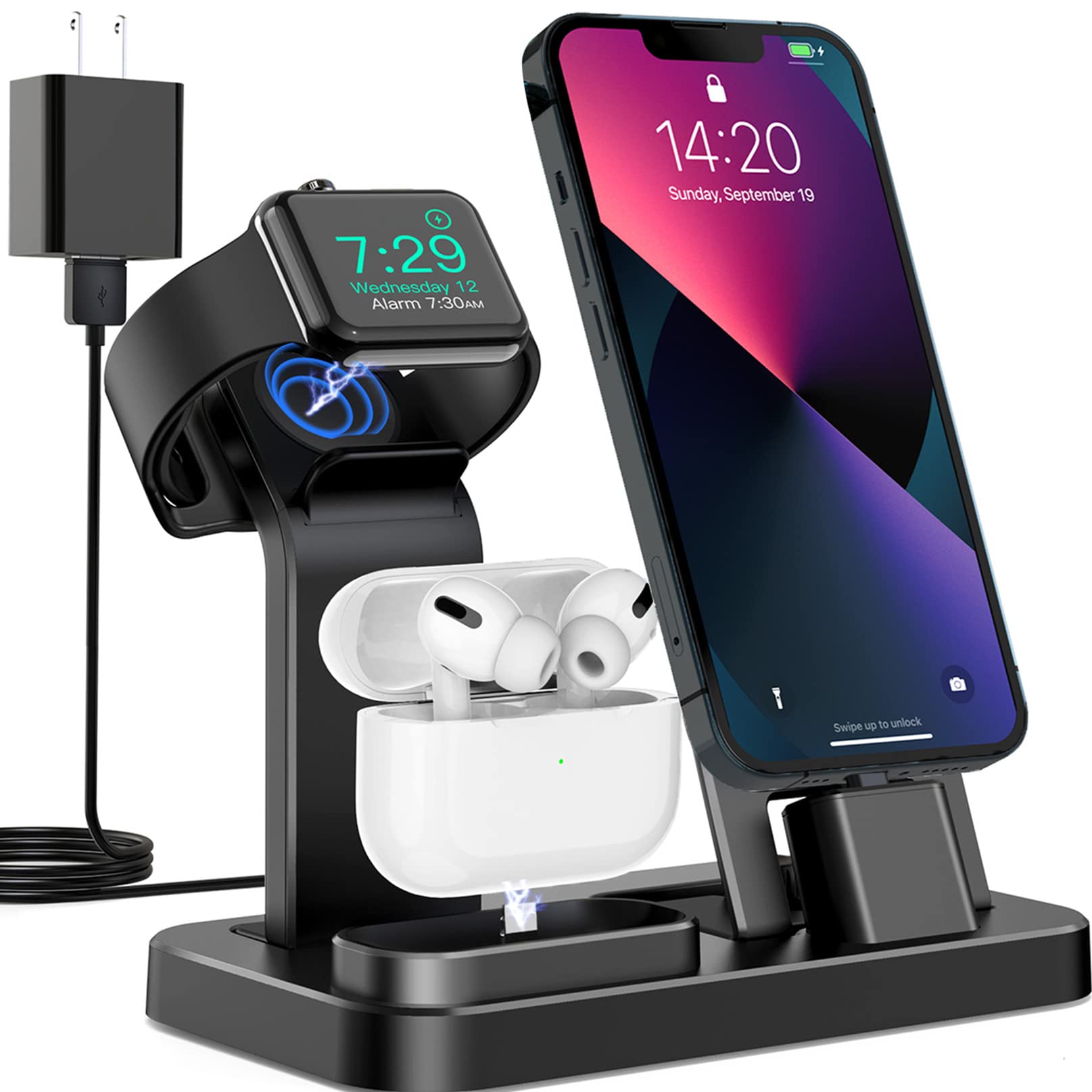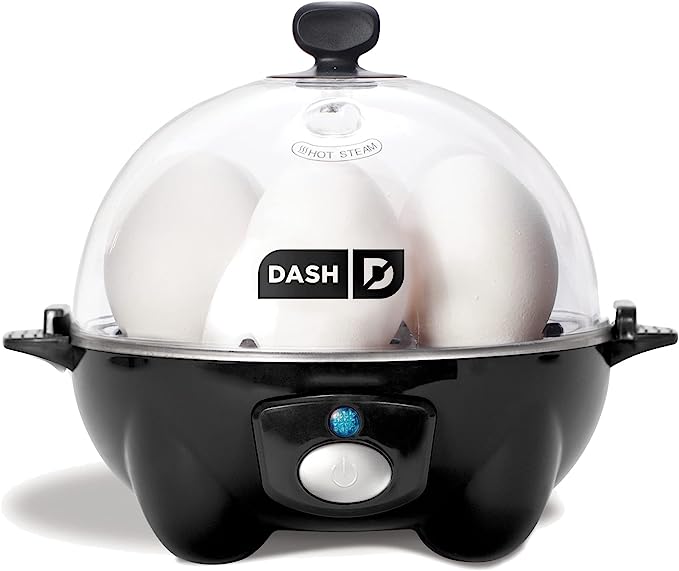- FREE Express Shipping On Orders $99+

Four Digits to Memorize NYT: A Complete Overview
The New York Times crossword is known for their hard and complex questions. Solving a hard question especially with numbers can be tough. In this article we will look at a fun clue called Four Digits to Memorize NYT and how it can make you very better at solving problems.
We will talk about different ways to remember the numbers and how to finish the crossword. So if you are good at crosswords or just beginning, come with us to learn about solving crosswords and be very good at Four Digits to Memorize NYT.
What is the New York Times Crossword Puzzle
The New York Times crossword is a fun game for many people who like puzzles. It has smart and tough questions that test your problem-solving skills and quick thinking.
The crossword questions are made to be challenging in different ways. Some use word jokes or puns while others need you to know rare facts or special words. Overall the crossword tries to see how well you know things, think creatively and solve problems.
To do well in the New York Times crossword you need to really understand how the puzzle is made and what kinds of questions it asks and how to figure them out. This beginning part helps you get ready to understand the puzzle and gets you ready to look at a special question called Four Digits to Memorize NYT.
About Four Digits to Memorize NYT
If you often try the New York Times crossword, the question Four Digits to Memorize NYT might have been hard for you. But you can solve this kind of question if you know how. By practicing and understanding the puzzle well then you can figure out such questions quickly which makes you better and faster at solving puzzles.
A good way to solve is to look for patterns in the question and the answers around it. For example you might see that the answer to Four Digits to Memorize NYT has four spaces or that an answer close by has numbers. This helps you think of possible answers.
Another way is to use memory tricks to remember the numbers. Use things like short words, rhymes or pictures to keep the numbers in your head. Also practicing remembering things can help you keep the numbers in your mind for a long time.
Remember, in crosswords you can solve every question if you know good ways to solve. With practice and hard work and you can get really good at solving hard questions and be great at crosswords.
How to memorize
Remembering numbers can be hard but there are ways to make it easier. One way is to make pictures in your mind that go with the numbers. For example to remember 1423 you could think of a clock showing 1423. Another way is to use mnemonics where you make up a sentence with words starting with the same letters as the numbers. Like “Many Very Energetic Monsters Jump Swiftly Under Neptune” could help you remember 5427.
Also repeating and practicing a lot is important for remembering numbers. The more you go over the numbers and the better you will remember them. You can also break the numbers into smaller parts and learn each part one by one and slowly learning the whole number. It helps to practice regularly so try to set a time every day to work on remembering numbers.
The Benefits of Memorizing Four Digits
Learning to remember four numbers might seem easy but it is really useful for more than just the New York Times crossword. If you practice remembering things like phone numbers, passcodes and dates becomes easy.
Also, research shows that memory exercises and like remembering four numbers and can make your thinking, attention and brain health better.
In real life this skill is useful when you need to remember important phone numbers in emergencies, figure out a password you forgot or use your bank pin code quickly. By learning to remember four numbers and you can improve many parts of your life and keep your mind sharp.
Conclusion
Working on the New York Times crossword puzzle can be tough but also fun. The question Four Digits to Memorize NYT is an example of the smart questions in the puzzle. By using the tips in this article, like good ways to remember things, not making usual mistakes and practicing often and you can get better at solving problems and handle even the hard questions.



















